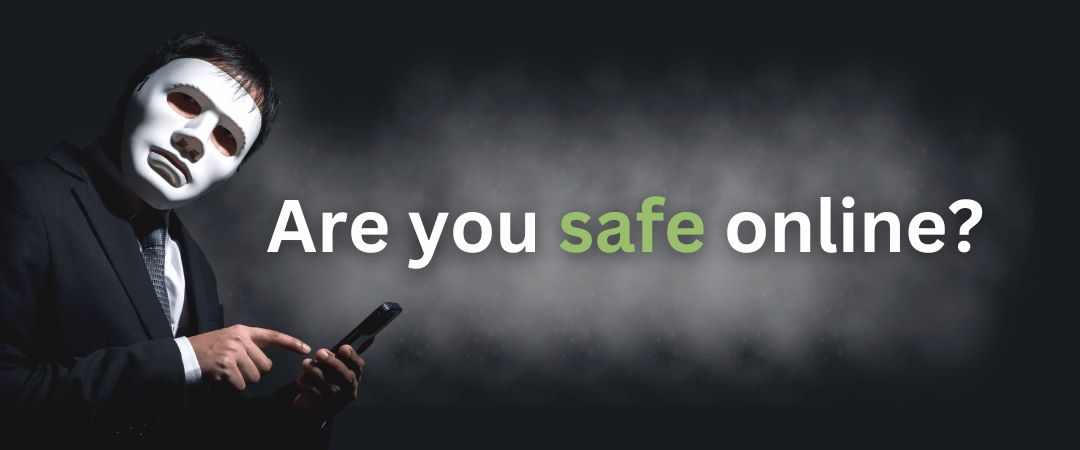
The Perils of Identity Theft: Unmasking Financial Crime
In an increasingly digitized world, the risk of falling victim to identity theft has skyrocketed. Identity theft is a form of financial crime that can have devastating consequences for individuals and businesses alike.
Understanding Identity Theft
Identity theft occurs when someone wrongfully obtains and uses another person's personal information, such as their name, Social Security number, or financial account details, without their consent. Armed with this stolen information, fraudsters can assume the victim's identity and engage in various fraudulent activities, including unauthorized financial transactions, credit card fraud, and even taking out loans in the victim's name.
The Nexus of Identity Theft and Financial Crime
Identity theft lies at the heart of many financial crimes. Cybercriminals employ sophisticated techniques, such as phishing emails, hacking, and malware, to gain access to sensitive data. Once they have successfully obtained someone's identity, they can orchestrate a range of financial frauds, leaving victims facing significant monetary losses, damaged credit scores, and an arduous path to reclaiming their stolen identity.
The Impact on Individuals and Businesses
Identity theft can wreak havoc on both individuals and businesses. For individuals, the repercussions can be emotionally distressing, with victims often experiencing feelings of violation, betrayal, and helplessness. Financially, victims may face drained bank accounts, overwhelming debts, and difficulties in securing loans or mortgages due to tarnished credit histories.
For businesses, the consequences can be equally dire. Not only do they risk losing their customers' trust, but they may also face costly lawsuits and damage to their reputation. Additionally, businesses can suffer financial losses when fraudulent transactions and chargebacks occur, leading to increased operational expenses and decreased profitability.
Prevention and Protection
Fortunately, there are measures one can take to minimize the risk of identity theft and safeguard ourselves against financial crime:
- Strengthen Online Security: Use strong, unique passwords for all online accounts, enable multi-factor authentication when available, and regularly update software and security patches on all devices.
- Be Wary of Phishing Attempts: Exercise caution when opening emails, clicking on suspicious links, or sharing personal information online. Legitimate organizations will never ask for sensitive data via email or text messages.
- Safeguard Personal Information: Keep physical documents containing sensitive information in a secure location, shred unnecessary documents before disposal, and be cautious about sharing personal details over the phone or online.
- Regularly Monitor Financial Accounts: Review bank statements, credit reports, and credit card transactions regularly to detect any unauthorized activity promptly. Consider using credit monitoring services for additional protection.
- Stay Informed: Stay updated on the latest identity theft trends, scams, and preventive measures through reputable sources such as government agencies, financial institutions, and cybersecurity organizations.
- Keep your Emirates ID/Passport Safe: Your identification documents are your door to the world. Make sure to keep them safe and only give scans/pictures to organizations that you explicitly trust. Make sure not to post pictures online.
- Be wary of Social Media: Be careful of what you post online on social media accounts. It’s tempting to post a quick snap of you with your boarding pass and passport at the airport with #vacation but this one mistake can become very costly. Criminals lurking around online need only your last name, airline name, and booking reference number found on your boarding card to instantly gain access to your private information. Your private details are then shared online on the dark web with criminals using your identity to commit crimes while you enjoy your vacation. Small innocent mistakes can be very costly, so it's important to stay vigilant.

